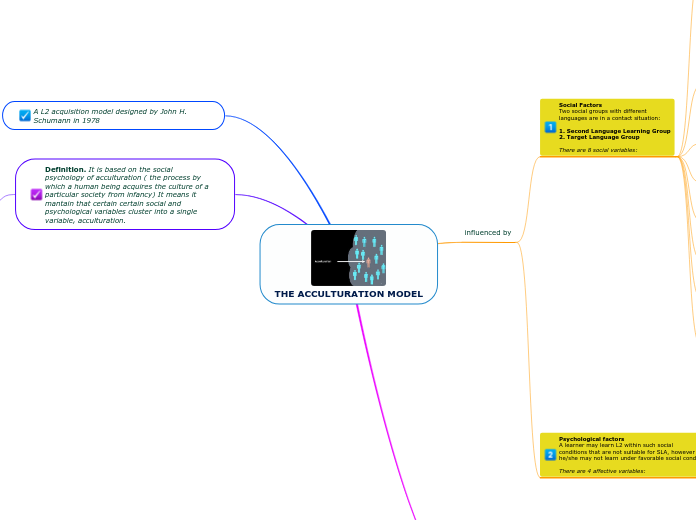References
• Wade, D (2017) The biopsychosocial model of illness: a model whose time has come. Clinical Rehabilitation 31(8)
COMPONENTS
Social part
different social factors such as socioeconomic status
culture, technology, and religion can influence health
Psychological component
potential psychological causes for a health problem
lack of self-control, emotional turmoil, and negative thinking
Biological component
understand how the cause of the illness stems from the functioning of the individual's body.
Integral rehabilitation
Benefits
It contributes to well-being and to improving quality of life
Full participation of the community
Strengthens social organization
approaches the individual and environment interaction
It creates the need to respond to the requirements of people
with disability
social inclusion.
access to education, work, housing, transportation, health, among othe.
by
The State.
The Society.
The Community.
DISABILITY MODELS
Models that have served as a reference for
the study of disability
Introduce components of the sciences
Help us think about the evolution of the concept and evidence its heterogeneity
IT'S DIVIDED IN
DIVERSITY MODEL
Consider the person with a disability as a valuable being by itself, since we are all authentic and unrepeatable
Relationship of disability with human rights, its central point is to eliminate discrimination, to improve the condition of human life.
It uses the term functional diversity instead of disability.
Biopsychosocial model
Participatory model of health and disease that postulates that the biological factor the psychological factor and social factors,
Characteristics
Primary Health Care
SOCIAL MODEL
Raises that disability does not
it is only what is derived from the person's illness.
The disability is born of the interaction of a person with a particular environment.
the limitations or disadvantages are evidenced that the person has in that environment
They define their status as
disabled.
In this model
null
MEDICAL-BIOLOGICAL MODEL
Considers that the disability is a problem of the person directly caused by
a disease, trauma or health condition.
Requires medical care provided individually by professionals.
The treatment of disability is intended to obtain.
Or a change in their behavior
The cure or a better adaptation of
the person
This model also generates
Deviation of the person in disability condition
Marginalization
Some stigmatization.
The nature of this medical model
Involves the diagnosis and the pathological way in which it focuses.
has been criticized for focusing on impediments in
place of the person









